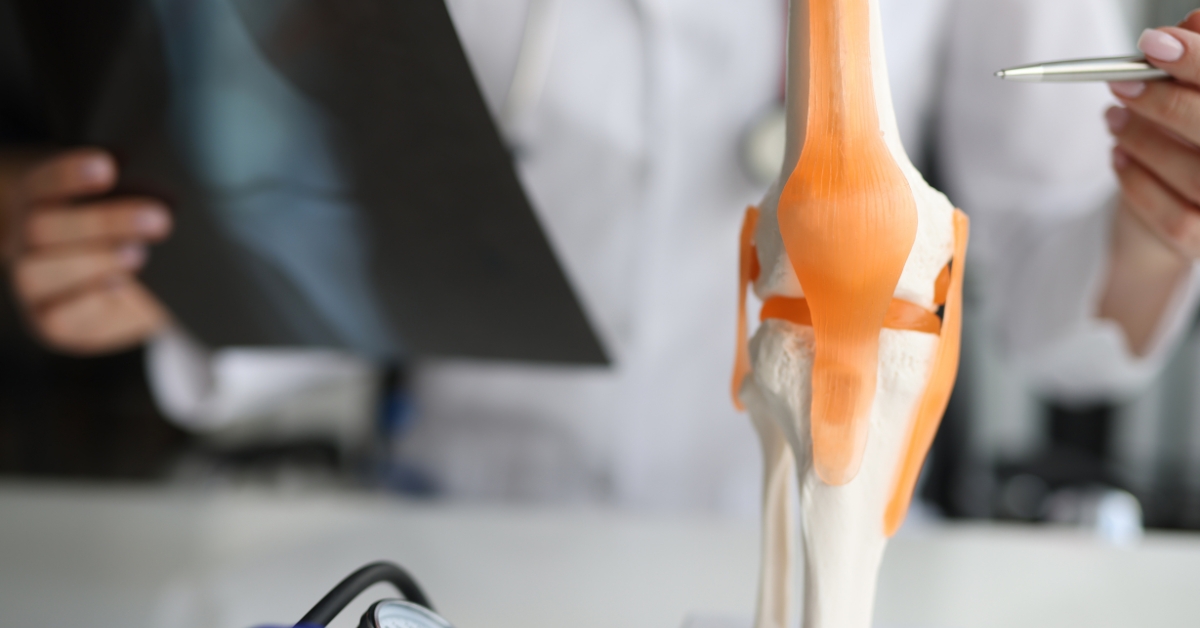Joint replacement surgery often triggers hesitation and anxiety, mostly due to misinformation. Whether it’s about the risks, recovery, or who should get it, several myths surround the procedure. In this blog, we bust the top 5 myths about joint replacement surgeries and share facts that help you or your loved ones make the right decision when facing joint issues.
Myth 1: Only the Elderly Need Joint Replacement
Fact: Age is just one of many factors considered. What really matters is joint function, pain level, and how much it impacts your day-to-day activities. Many patients in their 40s and 50s opt for joint replacements to improve mobility and maintain an active lifestyle. Younger patients often recover faster due to better muscle tone and bone strength.
Myth 2: Recovery Takes Forever
Fact: With advancements in surgical techniques, many patients now walk within 24–48 hours of surgery. Physiotherapy begins almost immediately, and most individuals resume daily activities within 6–12 weeks. Full recovery time varies by individual, but it’s far from the long, painful process many fear.
Important note: Following your rehabilitation plan strictly is essential for long-term success and avoiding setbacks.
Myth 3: All Joint Replacements Are the Same
Fact: Joint replacements are tailored based on your condition and joint type. For instance, a knee replacement differs significantly from a reverse shoulder replacement, which is often used when the rotator cuff is severely damaged. Materials, surgical approaches, and recovery paths vary widely, highlighting the importance of personalised treatment.
Myth 4: The Results Don’t Last
Fact: Modern implants are highly durable. In most cases, they last 15 to 20 years or more, depending on factors like your weight, activity level, and how well you follow post-op care instructions. Many patients live an active life for decades post-surgery without the need for revision surgery.
Myth 5: Any Orthopaedic Surgeon Can Perform It
Fact: Selecting the appropriate specialist has a significant impact. An experienced and best orthopedic doctor in Ahmedabad will not only ensure surgical precision but also guide you with personalised care, rehabilitation, and follow-up plans. Expertise plays a crucial role in reducing complications and improving long-term results.
When Should You Consider Joint Replacement?
- Chronic joint pain that limits your mobility
- Reduced quality of life despite physiotherapy or medication
- Joint stiffness that doesn’t improve with time
- X-rays showing joint damage or cartilage loss
If any of these apply, it’s wise to consult an orthopaedic surgeon for a full evaluation.
Final Thoughts
Joint replacement is one of the most successful surgeries in modern medicine, but the fear around it is often fueled by outdated beliefs and internet myths. By separating fact from fiction, you can approach the treatment with more confidence and less worry.
Whether you’re exploring options for a reverse shoulder procedure or seeking advice from the best orthopedic doctor in Ahmedabad, make sure your decisions are guided by facts, not fear.

